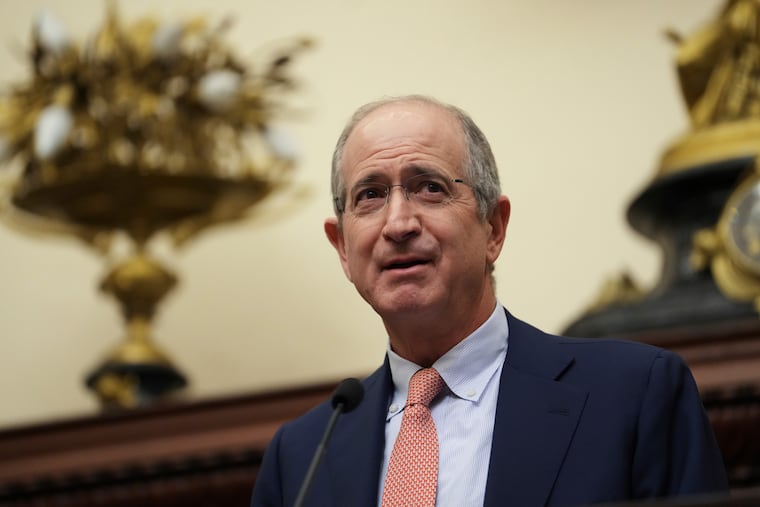US communications agency’s authority to regulate Kimmel’s speech is under scrutiny.

In a compelling clash of free speech and government oversight, Federal Communications Commission (FCC) Chairman Brendan Carr has found himself at the center of a controversial debate following comments made by late-night talk show host Jimmy Kimmel. The situation arose after Kimmel’s remarks regarding the September 10 assassination of conservative activist Charlie Kirk, which prompted a wave of criticism from conservative circles.
During his monologue on September 15, Kimmel described the perception surrounding Kirk’s alleged shooter, sparking further discourse. He stated, “We hit some new lows over the weekend with the MAGA gang trying to characterize this kid who killed Charlie Kirk as anything other than one of them.” This segment, featuring a clip of former President Donald Trump’s response to the incident, showcased not just Kimmel’s comedic flair but also the tensions in America’s political landscape.
Carr, speaking on conservative commentator Benny Johnson’s podcast, suggested that media broadcasters have a unique obligation to uphold the public’s interest, a commitment regulated by the FCC. He explicitly warned that failure to adhere to this standard might lead to further scrutiny from the agency, claiming that Kimmel’s comments amounted to “news distortion”—a serious offense under FCC guidelines. This statement quickly garnered media attention, compelling ABC, Kimmel’s network, to remove his show from airing.
Interestingly, the uproar coincided with actions from broadcasters like Nexstar and Sinclair, who preempted Kimmel’s show days before ABC’s announcement, prompting speculation about whether Carr’s comments influenced their decisions. As a backdrop, Nexstar is currently seeking FCC approval for a merger, which adds another layer of complexity to the situation.
Legal experts argue that Carr’s approach may negate fundamental First Amendment protections, with several commentators labeling his statements as a form of coercion that could undermine independent media. Ronnie London, an advocate for free expression, contended that Carr’s words risk creating a chilling effect on comedy and commentary that diverges from government-approved narratives.
While Carr maintains that the FCC’s mission is to ensure broadcasters operate in the public interest, the line between encouraging responsible media practices and infringing upon free speech remains contentious. Critics assert that Kimmel’s role as an entertainer complicates the application of FCC authority, as his program is primarily comedic, rather than journalistic.
This case illustrates the ongoing tension between regulatory bodies and media platforms in contemporary America, raising critical questions about the boundaries of free expression, the role of government in influencing media, and the responsibilities of content providers in a diverse democracy.
As discussions about the limits of speech and the obligations of broadcasters continue, the ramifications of this incident could reverberate throughout the landscape of both entertainment and governance.
#OpinionNews #CultureNews






